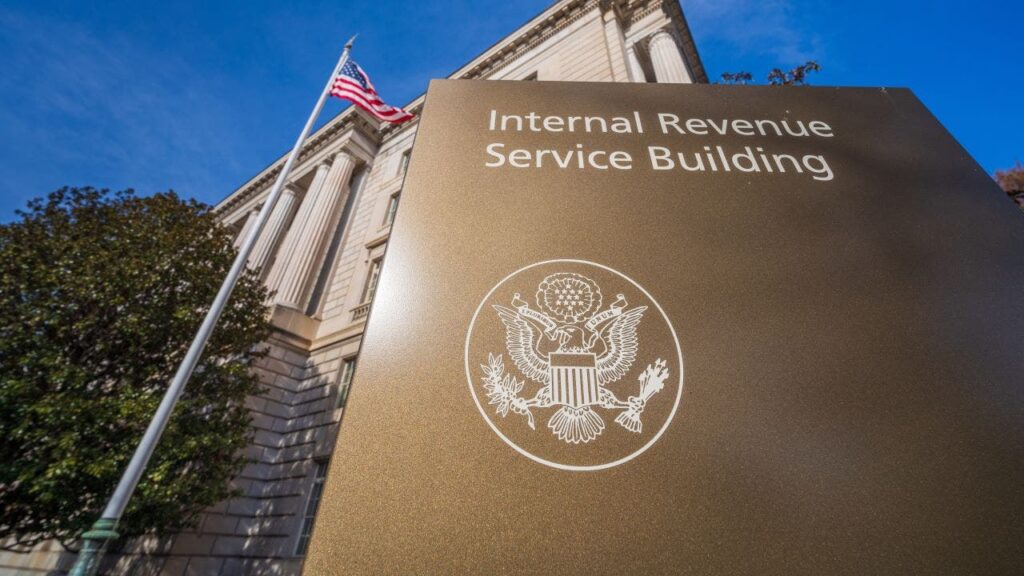The story of Katelyn McClure and her boyfriend from New Jersey, who fabricated a tale of a homeless man helping McClure when she ran out of gas, serves as a cautionary example of the potential pitfalls in charitable giving. Originally, their fabricated narrative sparked a wave of generosity that led to over $400,000 in donations on GoFundMe. However, the truth soon came to light, revealing that the couple’s story was a complete scam, and they ultimately faced prison time for their deceptive actions. This incident underscores the importance of thorough research and vigilance before making charitable contributions, particularly during the generous holiday season when well-meaning individuals are more likely to give.
To safeguard against scams, the first crucial step is to verify the charitable status of organizations through the IRS’s Tax-Exempt Organization Search tool. This resource helps confirm whether a charity is recognized under Section 501(c) of the Internal Revenue Code. It is vital to ascertain that an organization qualifies for tax-deductible contributions. If there are uncertainties about the charity’s legitimacy, it is prudent to withhold your donations until you clarify the organization’s standing. This simple verification process can potentially save you from falling victim to fraudulent schemes.
Next, it is essential to research the financial practices of charities. Charities often market how “a portion of every dollar goes to…” their cause, but such statements may not always reflect the reality of their finances. Investigating a charity’s Form 990 can provide insights into how they allocate funds, including administrative expenses versus program spending and executive compensation. Understanding these financial nuances ensures that your contributions align with your values and expectations, allowing you to support organizations committed to their missions rather than merely enriching themselves.
When donating through crowdfunding platforms like GoFundMe, it is vital to differentiate between gifts and charitable donations. Contributions made to personal causes or emergency campaigns typically do not qualify as tax-deductible donations if the organizer is not affiliated with a registered tax-exempt organization. Therefore, it’s prudent to inquire about how the fundraiser is associated with the cause and the intended use of the funds. Being clear about these distinctions can help manage donor expectations and ensure that contributions are utilized effectively.
Using charity ranking resources can further aid in making informed decisions about where to donate. Websites like Charity Navigator and GuideStar evaluate charities based on various factors, including financial health and transparency. These platforms feature trending charity lists, donor tips, and access to Form 990s, providing critical insights into organizations’ legitimacy and effectiveness. By utilizing these tools, donors can better navigate the complex landscape of charitable organizations and choose to support reputable entities that are genuinely making a difference.
Lastly, maintaining thorough documentation when making donations is crucial, especially during the busy holiday season when scammers are prevalent. Always request a detailed receipt for your contributions, whether monetary or non-cash items, to ensure compliance with tax laws and to protect yourself in case of an audit. If confronted with suspicious messages or potential scams, it’s essential to report these incidents to the appropriate authorities, such as the FBI’s Internet Crime Complaint Center. By being vigilant and carefully investigating the organizations you wish to support, you can protect both your generosity and the integrity of charitable giving.

